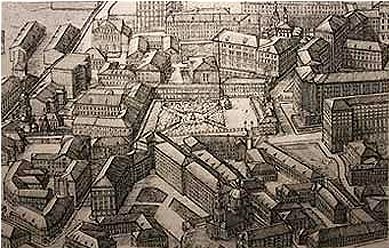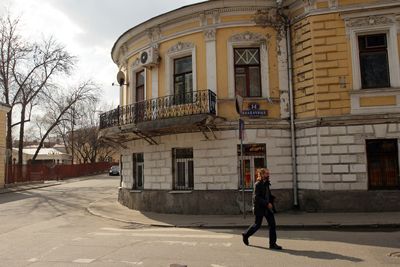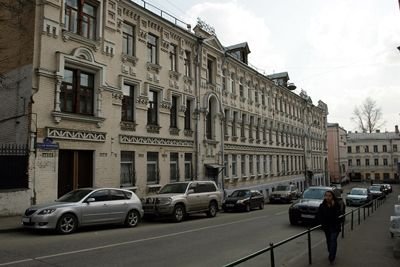Hitrovka

Hitrovka is a place in the east of the central part of Moscow, between the Yauzsky Boulevard and Solyanka Street. It is named after the retired Major-General N.Z. Khitrov, who in 1823 acquired here a piece of land for the market (the so-called Hitler market). After the death of the general, the market was transformed into a street labor exchange for seasonal workers, the surrounding lanes were built up by dormitories, taverns, and tea-houses - forming the famous Khetorovo slums described by V.A. Gilyarovsky in his "Moscow and Muscovites". From the inhabitants of Khitrovka, Gorky wrote heroes "At the bottom", here lived and ended his days the great Russian painter AK Savrasov.
The architectural complex of the district includes, in addition to the lodging houses of the second half of the 19th century, the chambers of Buturlin (17th century), the Shuisky - Baratynsky (17th century), the Lopukhins (18th century), the former Osterman manor (18th century), the former Myasnitsky a police house associated with the names of Tyutchev, Mayakovsky and Ehrenburg. Complementing the landscape Khitrovka picturesque panorama of the temples of the Ivanovskaya Gorka. The "Khitrov market" was liquidated in 1923. In the 1930s, on the spot "Khitrov market" built a school, later college. Since the second half of the twentieth century, Khitrovka has been actively used by cinematographers as living scenery of "old Moscow".

